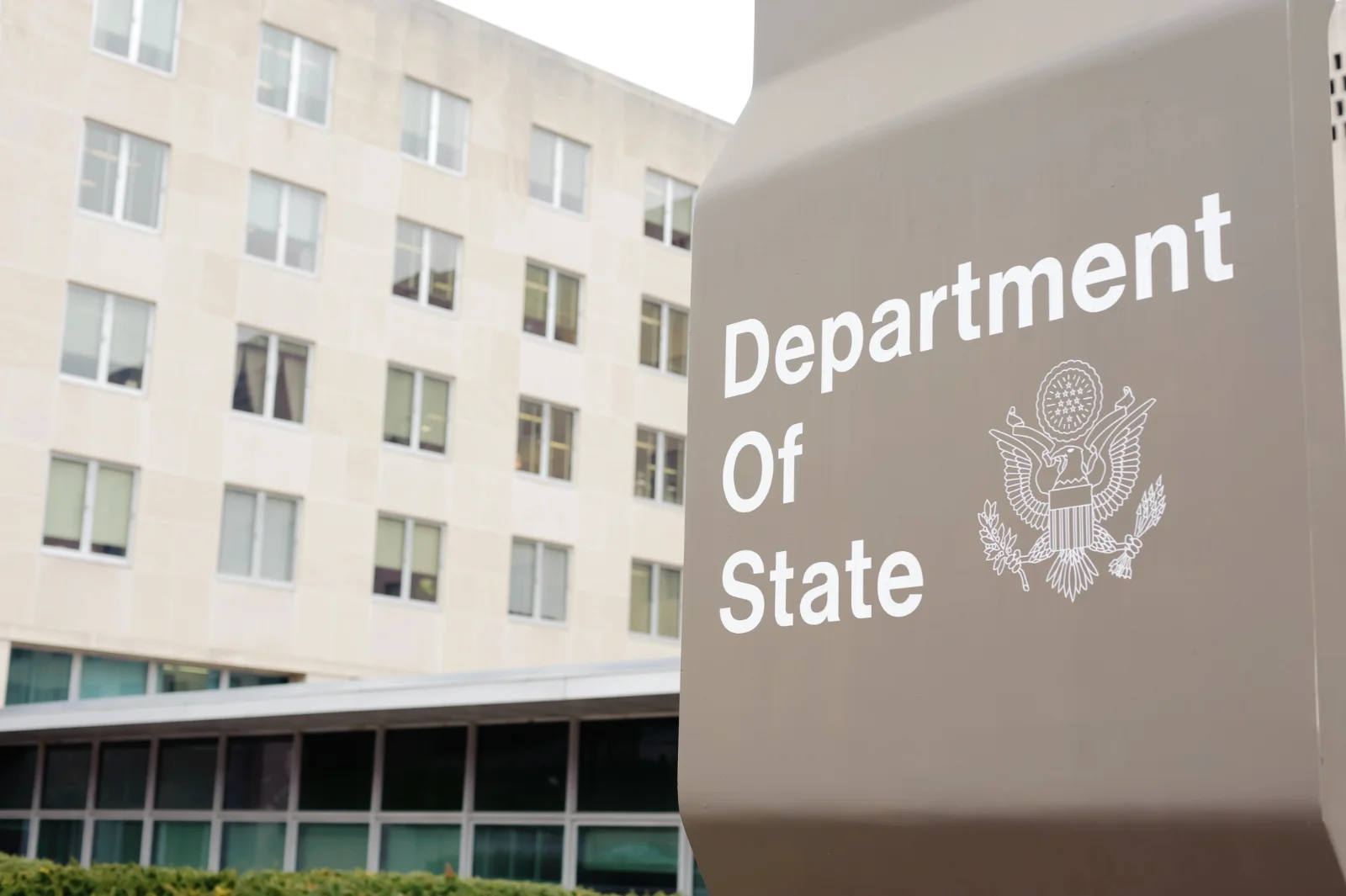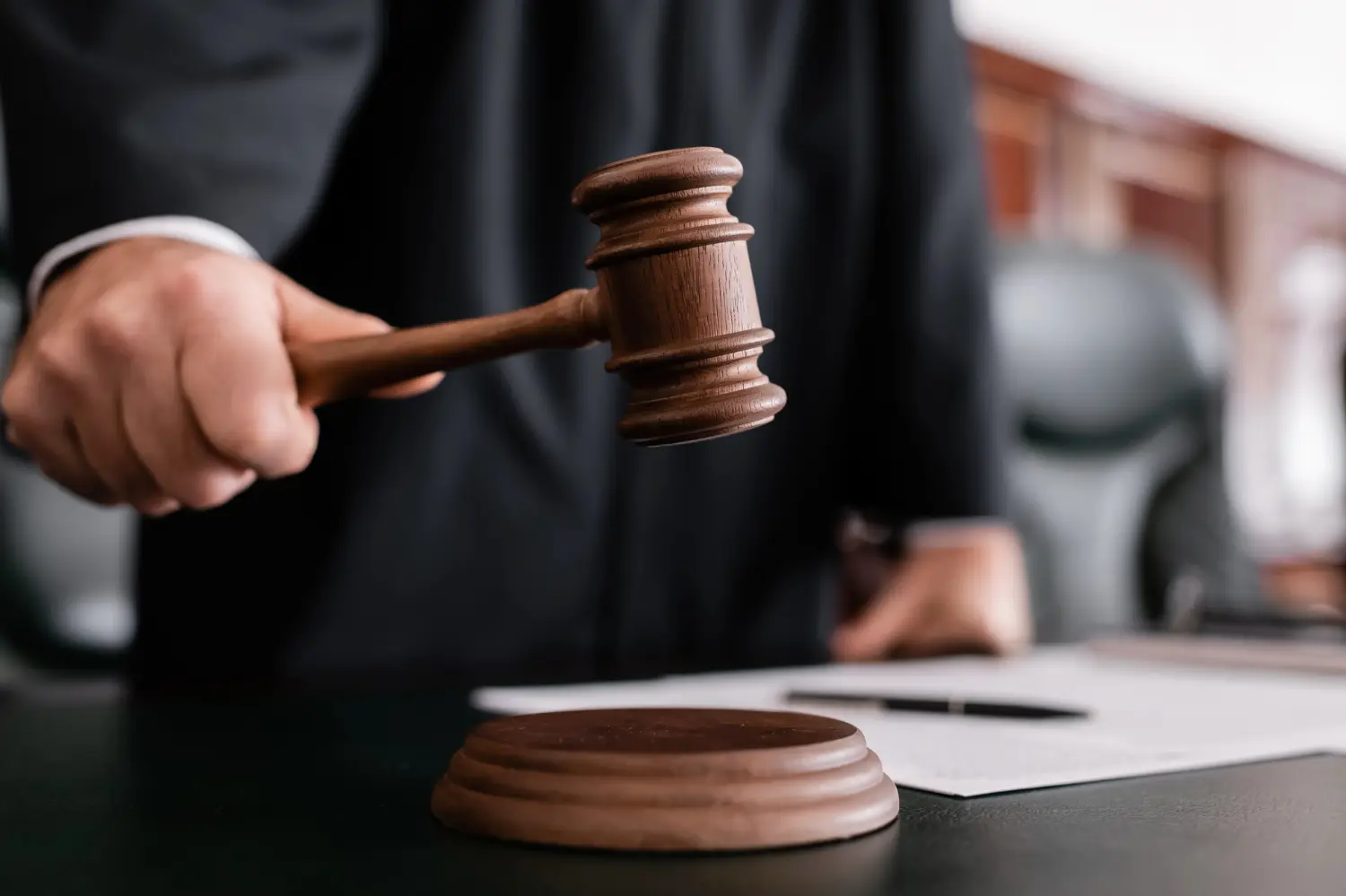Recent reports have highlighted concerns about how international visitors are treated upon arrival in the United States. Some travelers have experienced extended questioning, pressure to unlock devices, or even entry denial despite having valid visas or ESTA approvals. While these situations are not typical, it’s crucial for travelers to understand their rights and the limits of border officers’ authority.
Customs Inspections: What to Expect
U.S. Customs and Border Protection (CBP) officers have broad authority to inspect travelers and ask questions to verify:
- The purpose of your visit
- Your intended length of stay
- Accommodation and financial arrangements
You are required to answer these questions truthfully. However, you are not obligated to answer personal questions about your religion, political beliefs, or social media activities. If language is a barrier, you can request an interpreter.
Device Searches: Know Your Rights
While CBP officers may request to inspect your electronic devices, you are not required to unlock them or provide passwords. If you refuse, your device may be temporarily held, but this does not automatically result in entry denial. If you feel pressured, you can request to speak with a supervisor.
Important Considerations:
Device inspections may be used to identify intentions to work, overstay, or engage in prohibited activities. Consider traveling with minimal personal data or using a separate device if concerned.
Signing Documents: Proceed with Caution
If asked to sign any documents, such as a “voluntary withdrawal” form, ensure you:
- Request a copy of the document
- Ask for an interpreter if needed
- Contact a lawyer or your consulate for advice
Signing such forms can impact future U.S. visits, so do not sign anything you do not understand.
Entry Denial: Understanding the Risks
A U.S. visa or ESTA does not guarantee entry. CBP officers make the final decision at the airport. Entry can be denied if there is suspicion of unauthorized work plans, overstaying, or misrepresentation of intentions.
Tips to Avoid Entry Issues:
- Be honest and consistent in your responses
- Provide proof of return travel and accommodation
- Avoid suggesting long-term stay or job-seeking intentions
Stay Calm and Know Your Options
While additional screening can be stressful, remaining calm and polite is beneficial. If you feel unfairly treated or pressured:
- Request to speak with a CBP supervisor
- Ask to contact your embassy or consulate
- Request to make a phone call before agreeing to anything
Most tourists enter the U.S. without issues. However, understanding your rights and the limitations of CBP authority can help you navigate any challenges you may face.



